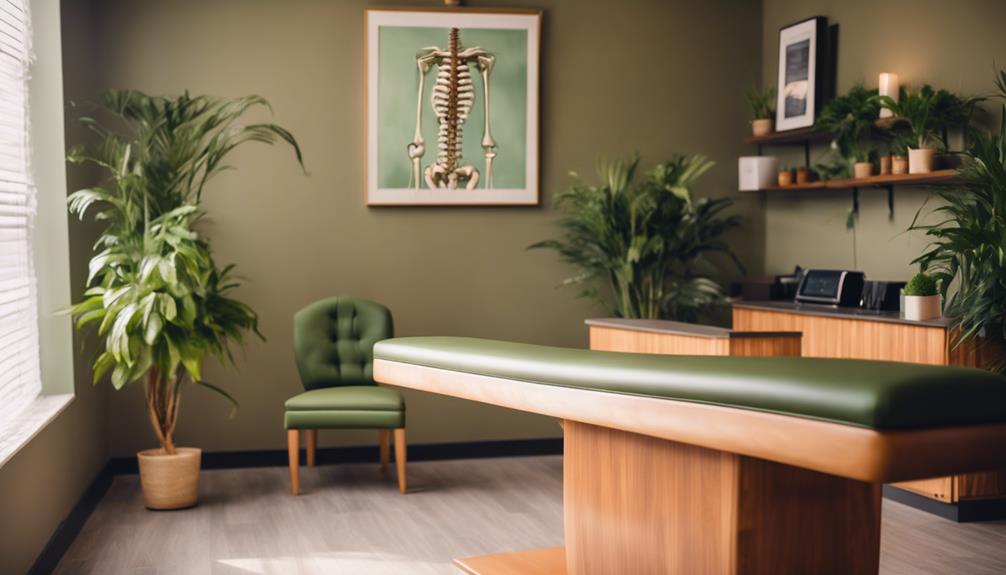Understanding Diverticulitis: Symptoms, Causes, and Management
What is Diverticulitis?
Diverticulitis is a condition that affects the digestive system, specifically the colon. It’s characterized by the inflammation of diverticula, small pouches that can form in the walls of the intestine. While diverticulosis, the presence of diverticula without inflammation, is quite common in older adults, diverticulitis occurs when these pouches become infected or inflamed. This condition can lead to complications such as abscesses, perforations, and significant discomfort. Understanding diverticulitis is crucial for anyone who may be at risk or is experiencing symptoms related to digestive health.
Symptoms of Diverticulitis
The symptoms of diverticulitis can vary from mild to severe. Common signs include abdominal pain, typically on the lower left side, changes in bowel habits, fever, and nausea. Some individuals may also experience a loss of appetite and changes in their stool consistency. It’s important to recognize these symptoms early to seek appropriate medical intervention. If left untreated, diverticulitis can lead to significant complications necessitating hospital care, making awareness of these symptoms essential for management and treatment.
Causes and Risk Factors for Diverticulitis
While the exact cause of diverticulitis isn’t fully understood, several factors contribute to its development. A diet low in fiber is among the leading risk factors, as it can contribute to increased pressure in the colon. Age also plays a vital role, with the prevalence of diverticulitis increasing in individuals over 40. Other risk factors include obesity, sedentary lifestyle, smoking, and the use of certain medications, such as non-steroidal anti-inflammatory drugs (NSAIDs). Genetics may also play a part in predisposition to diverticulitis, highlighting the importance of family medical history in understanding your risk.
Diagnosis of Diverticulitis
Diagnosing diverticulitis typically begins with a thorough medical history and physical examination. Doctors often perform a CT scan of the abdomen to confirm the diagnosis and assess the severity of the condition. This imaging test helps visualize any inflammation, abscesses, or complications associated with diverticulitis. Blood tests may also be conducted to check for signs of infection, such as elevated white blood cell counts. Accurate diagnosis is crucial to differentiate diverticulitis from other gastrointestinal diseases, ensuring appropriate treatment strategies are implemented.
Treatment Options for Diverticulitis
Treatment for diverticulitis largely depends on the severity of the condition. Mild cases may be managed effectively with a clear liquid diet, allowing the colon to rest. More severe instances often necessitate antibiotics to combat infection. In chronic cases or if complications arise, surgical intervention may be required, such as a colectomy, where part of the colon is removed. It is essential for patients to engage actively with healthcare providers to determine the most suitable treatment plan tailored to their needs and health status.
Living with Diverticulitis: Dietary Changes
Adopting a high-fiber diet is one of the most effective strategies for managing diverticulitis and preventing future flare-ups. Foods rich in fiber, such as fruits, vegetables, whole grains, and legumes, help promote healthy bowel movements and reduce pressure in the colon. Hydration is also paramount, as fluid intake supports digestive health. It may be beneficial for individuals with diverticulitis to work with a dietitian to establish a personalized dietary plan that emphasizes fiber while avoiding trigger foods that could exacerbate symptoms.
Preventing Diverticulitis Flare-ups
To prevent diverticulitis flare-ups, it’s crucial to maintain a healthy lifestyle. Regular exercise plays a significant role in enhancing digestive health, aiding in weight management, and promoting regular bowel movements. Managing stress through mindfulness techniques or gentle exercises like yoga can also be beneficial. Avoiding smoking and limiting the intake of NSAIDs can further reduce the risk of developing diverticulitis. Regular medical check-ups allow for monitoring of digestive health, ensuring proactive measures can be taken at the first sign of issues.
When to Seek Medical Attention for Diverticulitis
If you experience symptoms of diverticulitis, such as persistent abdominal pain, fever, or changes in bowel habits, it is crucial to seek medical attention promptly. Early intervention can prevent complications and improve overall outcomes. Additionally, if you have a history of diverticulitis and notice any recurrent symptoms or significant changes in your health, consult with your healthcare provider. Understanding when to seek medical advice can make a substantial difference in managing diverticulitis effectively and maintaining a healthy digestive system.
